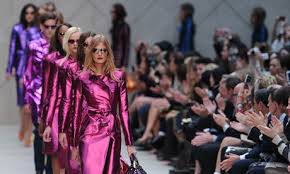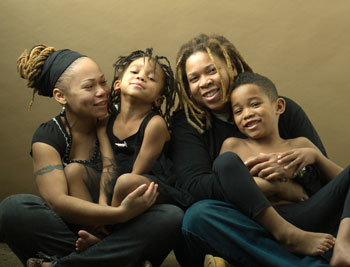Feminism as Intersectionality
In the words of the badass Chimamanda Ngozi Adichie, a “feminist” is a person who believes in the social, political and economic equality of the sexes. As feminism becomes more visible, it has become apparent that it does not cater to a wide cross-section of women – women of color, women from various sexual and gender minorities, women who are poor, rurally based, differentially-abled, and/or unemployed. Feminism as it is has been represented in the media, or at least the mainstream, largely discusses the issues and identities of white, middle-class, cis-gendered women. Instead, feminism on a whole should be inclusive it needs to be intersectional. Intersectional feminism recognizes the multiplicities of our identities; we are never just one thing at any point in time. Our lives are informed by not just our gender, but by several of the indentifiers of age, race, colour, sexual orientation, level of education and others previously said, and these interrelate to give us unique, oppositional experiences. There needs to be a dialogue the fact that not that all lived realities are made equal.

A lot of feminists do pose the question: “Are transwomen really women?” White women often ask “Why divide women by race if we are all women?” Black women often reiterate: “We are both black and female.” For women of colour, issues of racism and colourism impact their experiences. A few years ago, Annie Lennox, bell hooks and a number of other self-titled white feminists declared that Beyonce, after putting out her fifth studio/visual album, is antifeminist. This happened while the media celebrated the feminisms of UN Women Ambassador Emma Watson and Hilary Clinton and continued to denigrate the feminist/womanist stances that other black female artists took in their music, like the formerly known Lady Saw, Spice, Nicki Minaj and Rihanna.
The feminist space is not always inclusive; even though varying feminisms exist – liberal, radical social/Marxist, Caribbean, Black feminist, Womanist and so on – the discourse ought not to be divisive and focused on who belongs or doesn’t belong to the feminist movement. Feminism is a largely egaliatrian philosophy and should be about empowering all women, not restricting the ways and means by and through which they choose to self-identify and self-express, and come to liberation. Here’s the truth: one cannot identify as ‘feminist’ or ‘profeminist’ and not support your sisters and brothers of colour, and inversely one cannot be black and refuse to support transwomen, LGBTQ peoples and white men and women, boys and girls too.
Feminist has to be intersectional or it’s useless.



